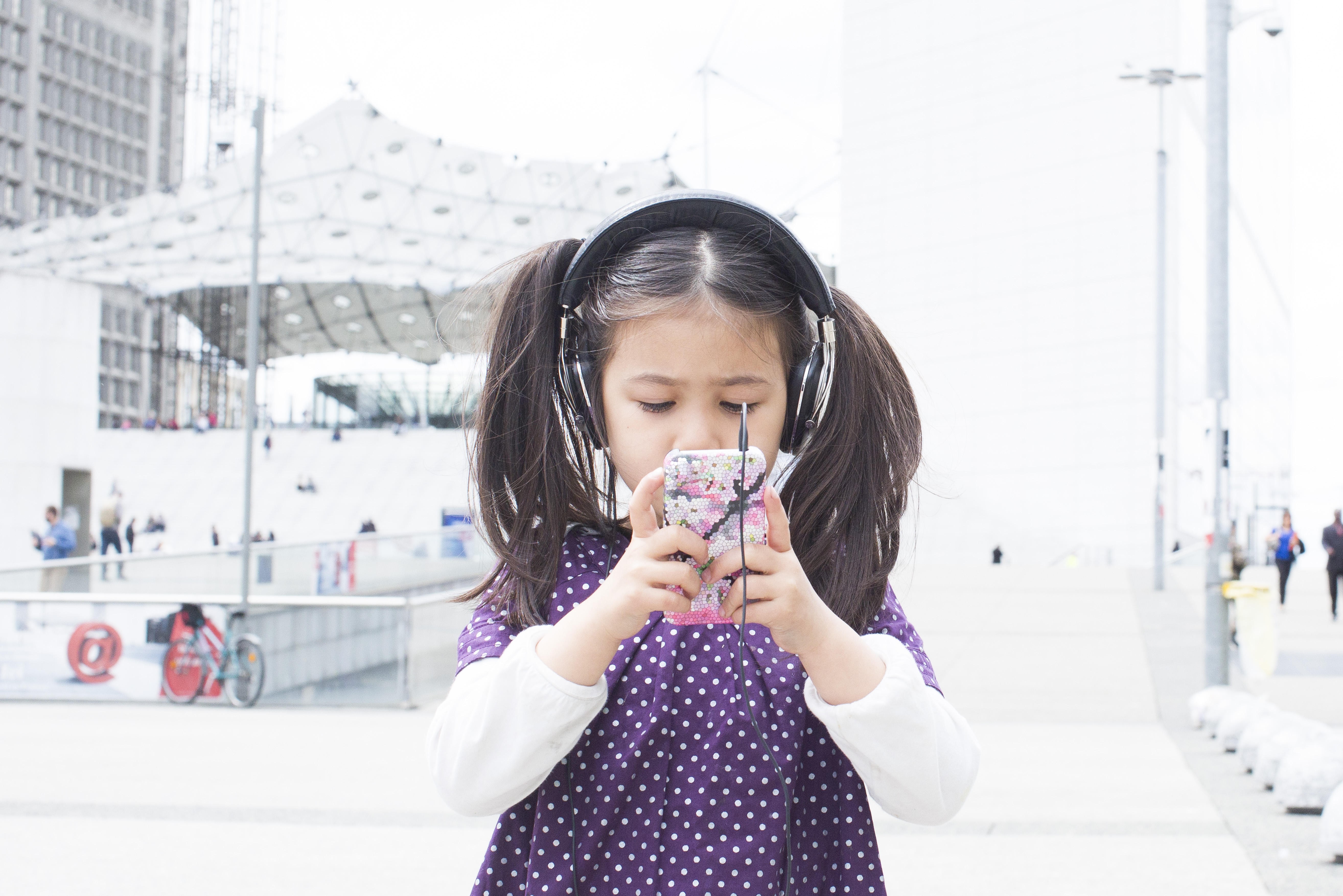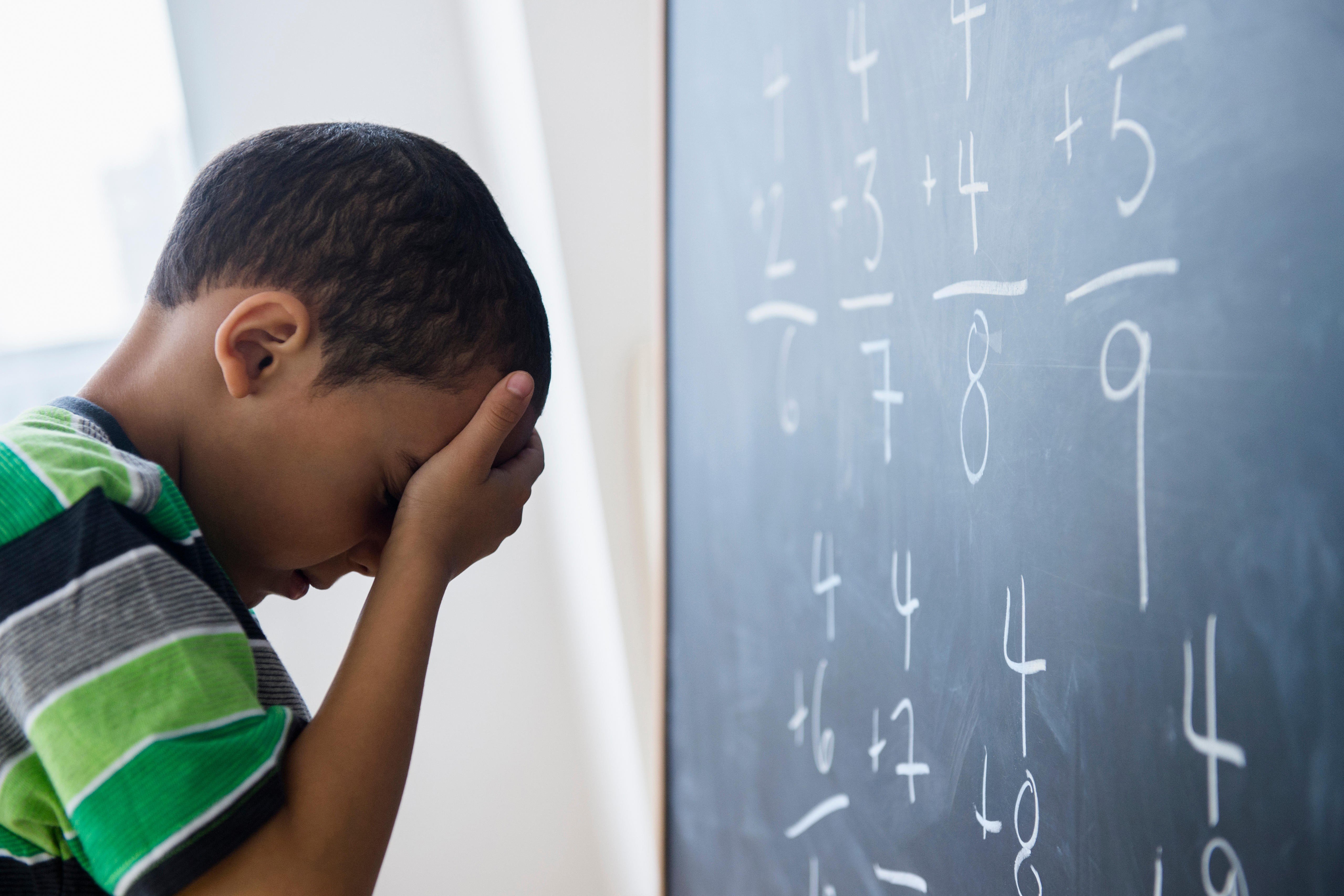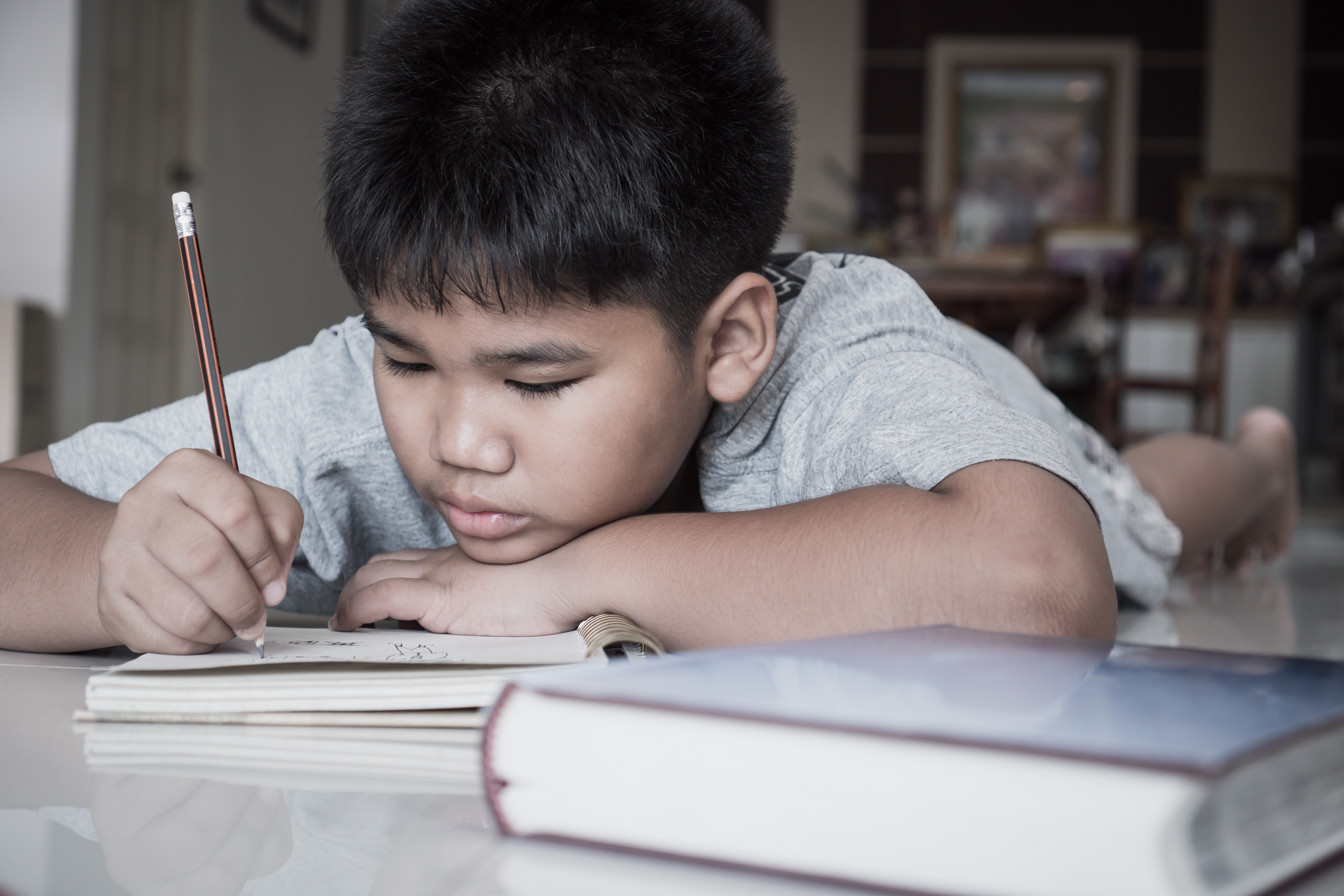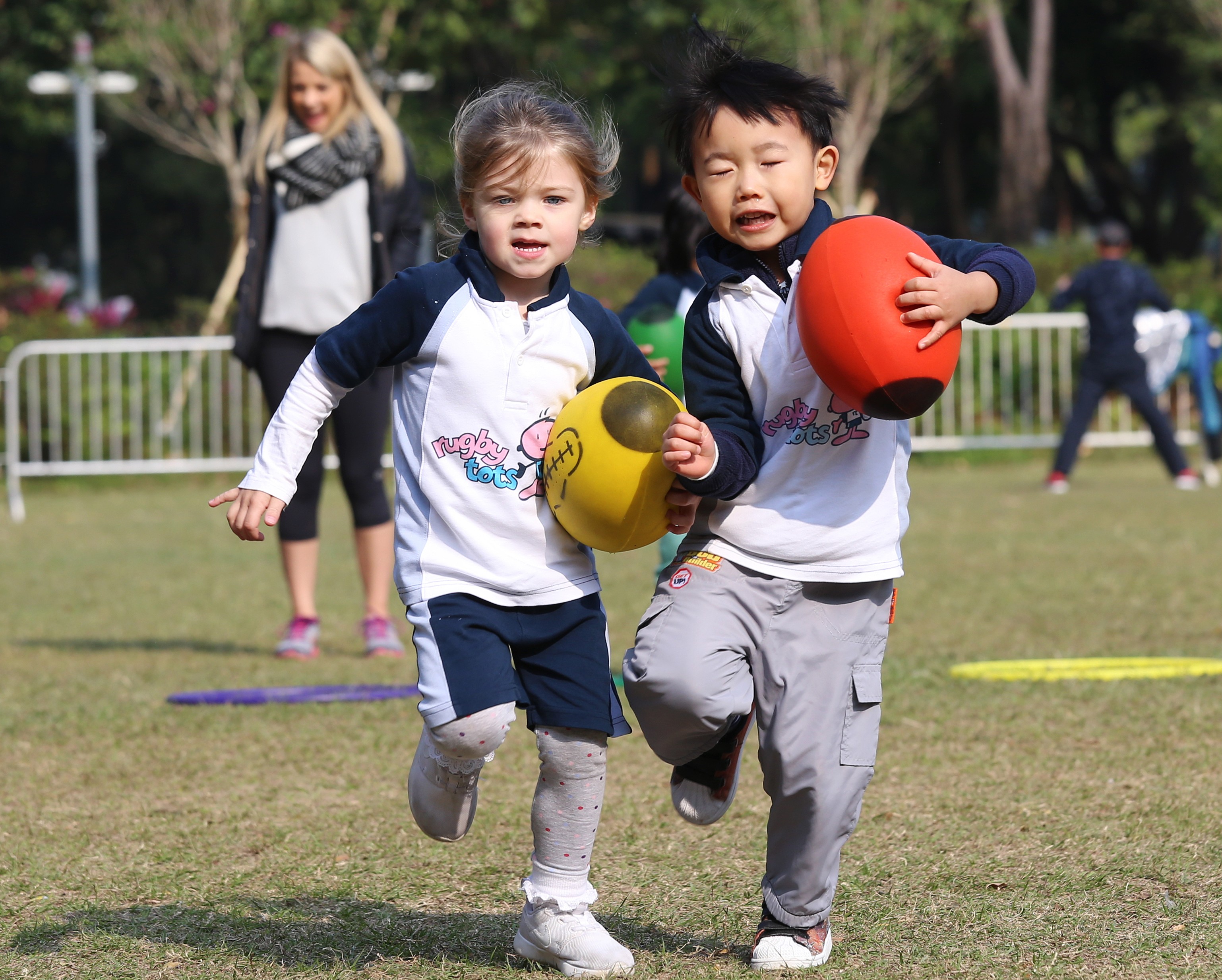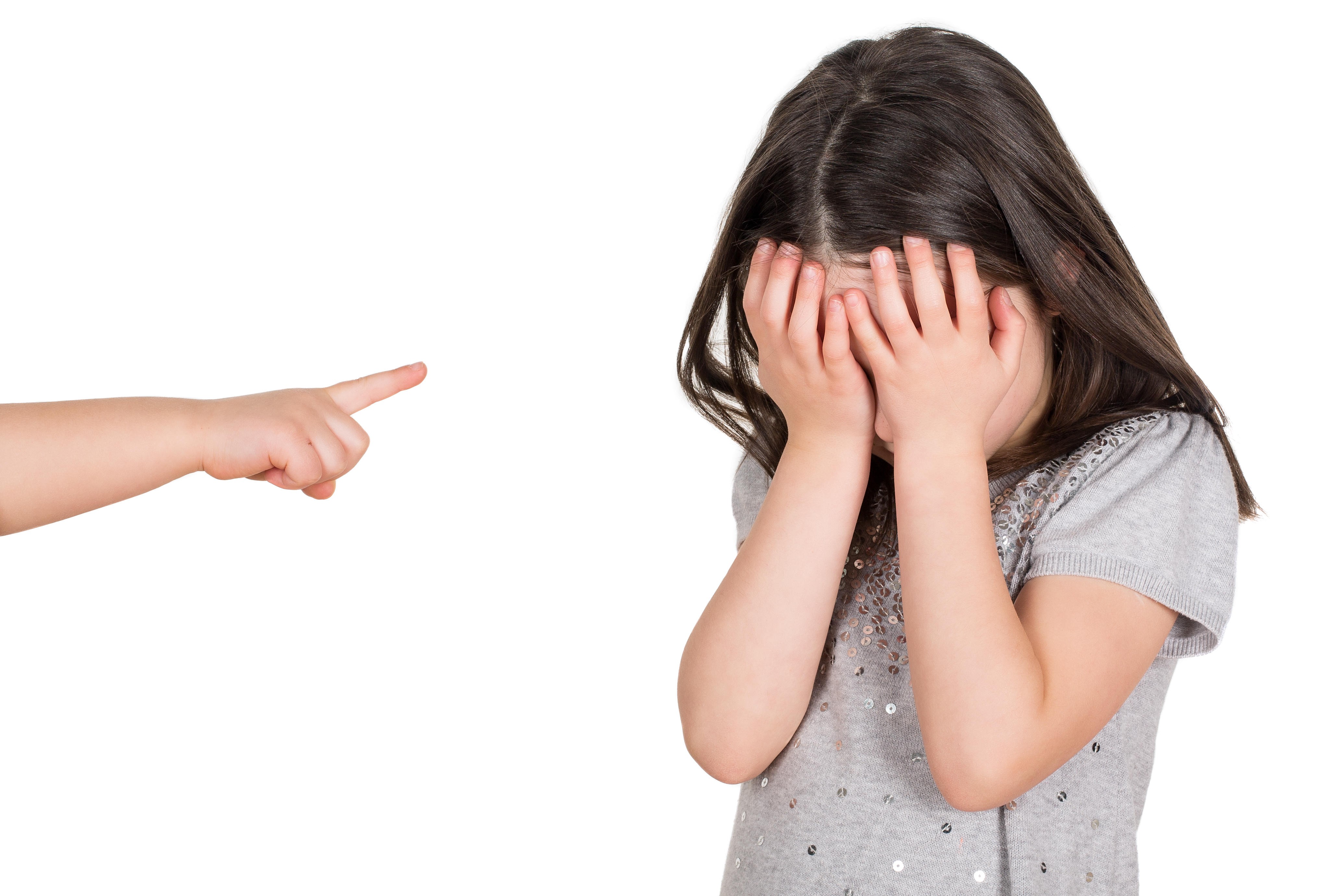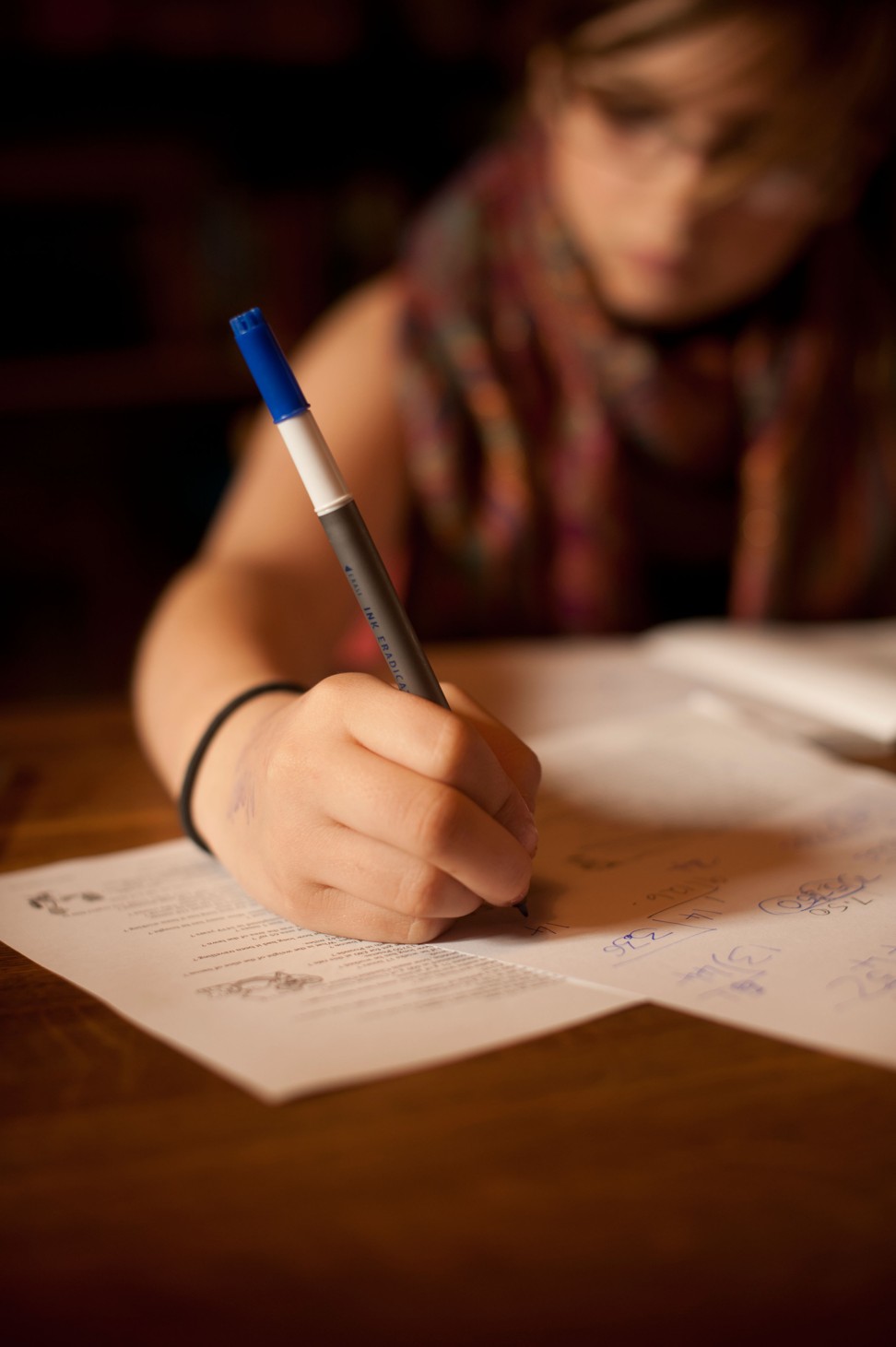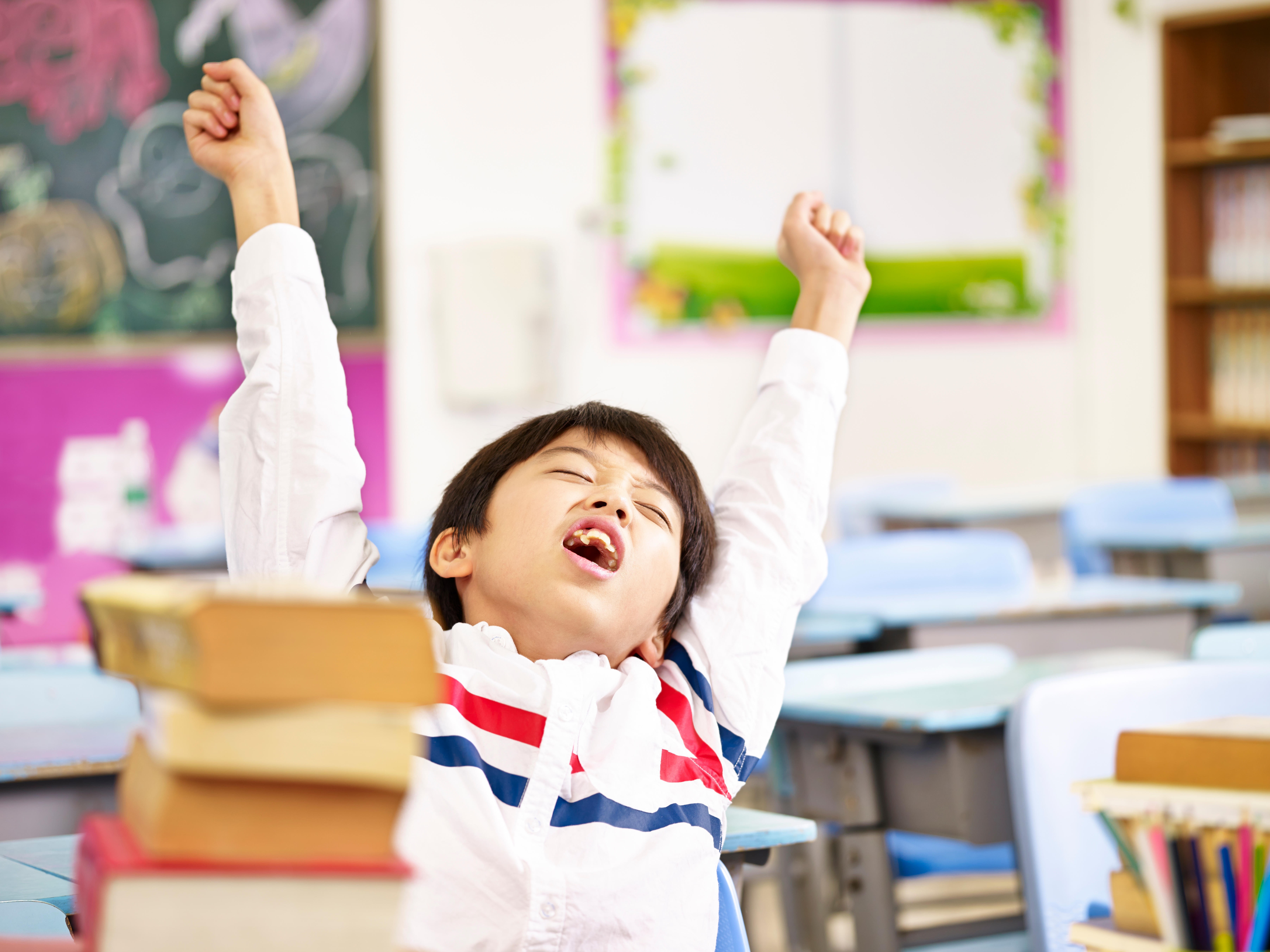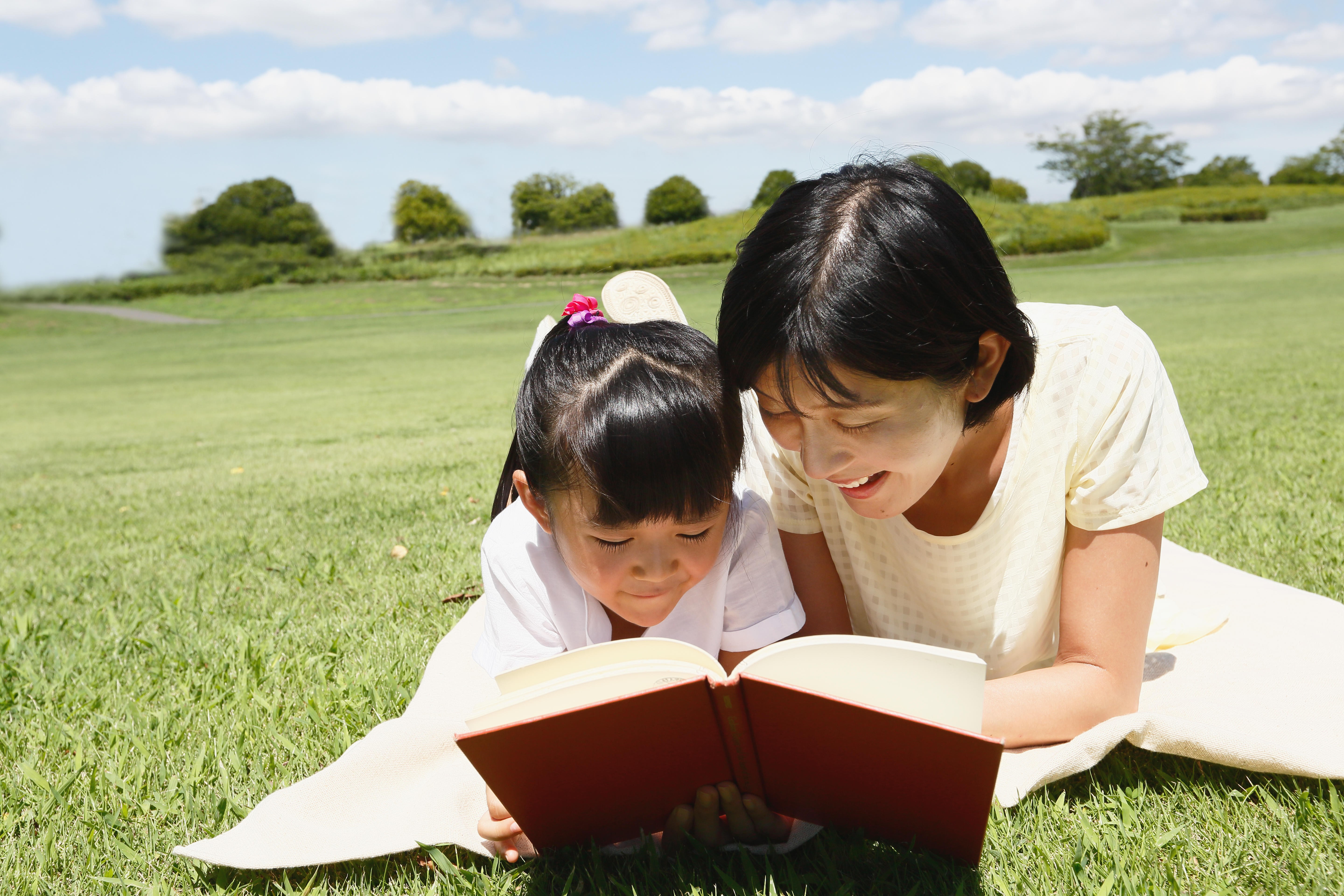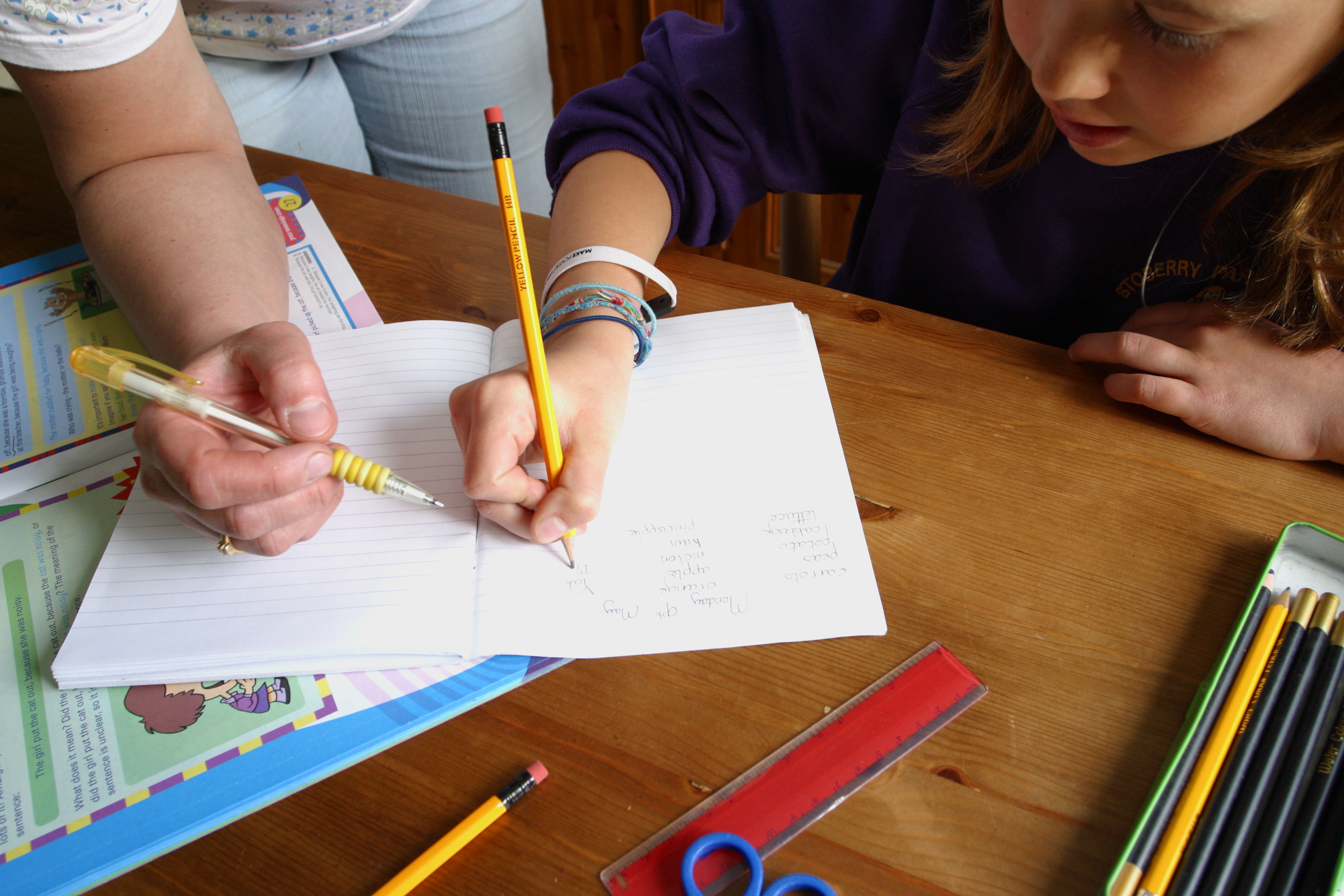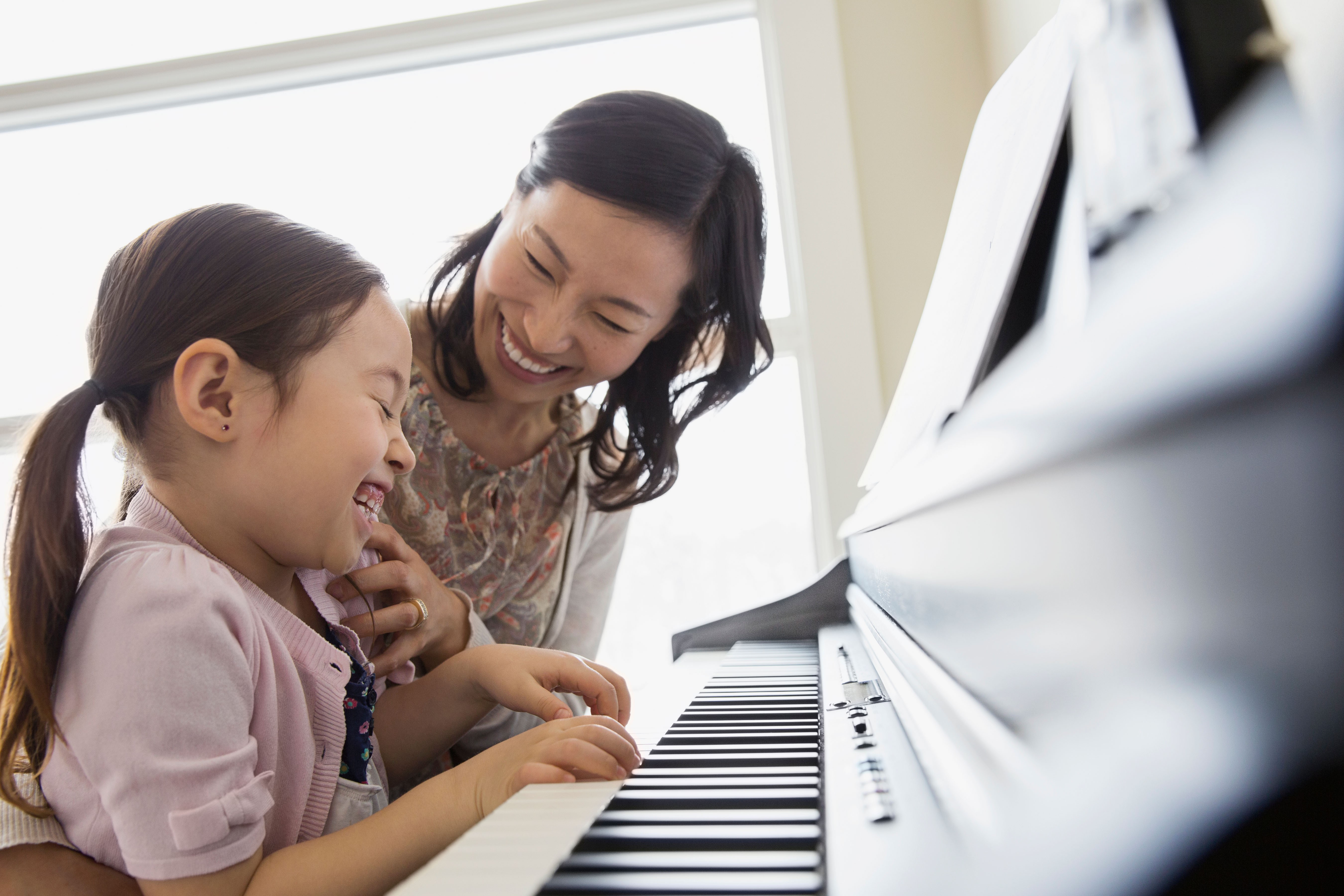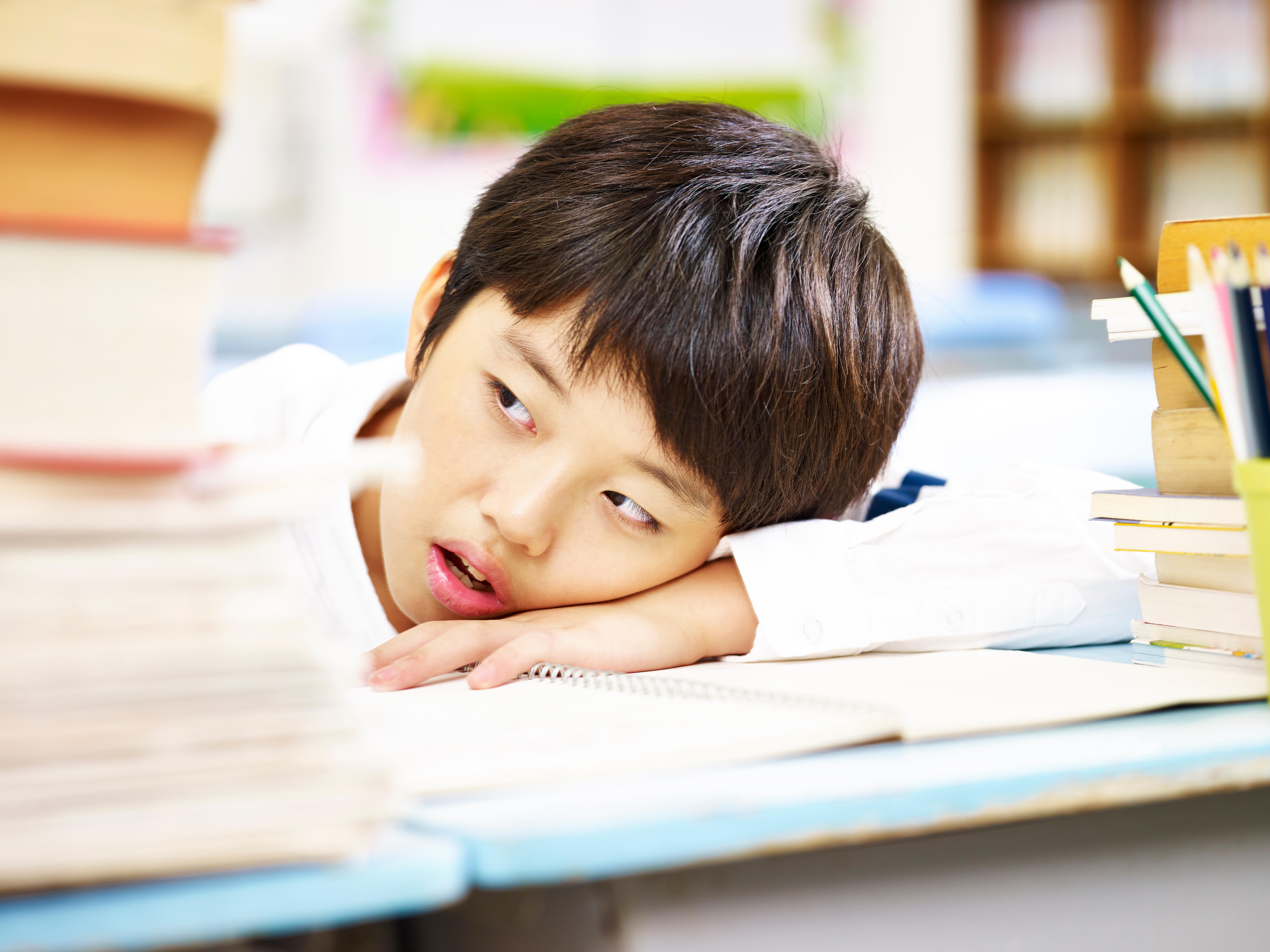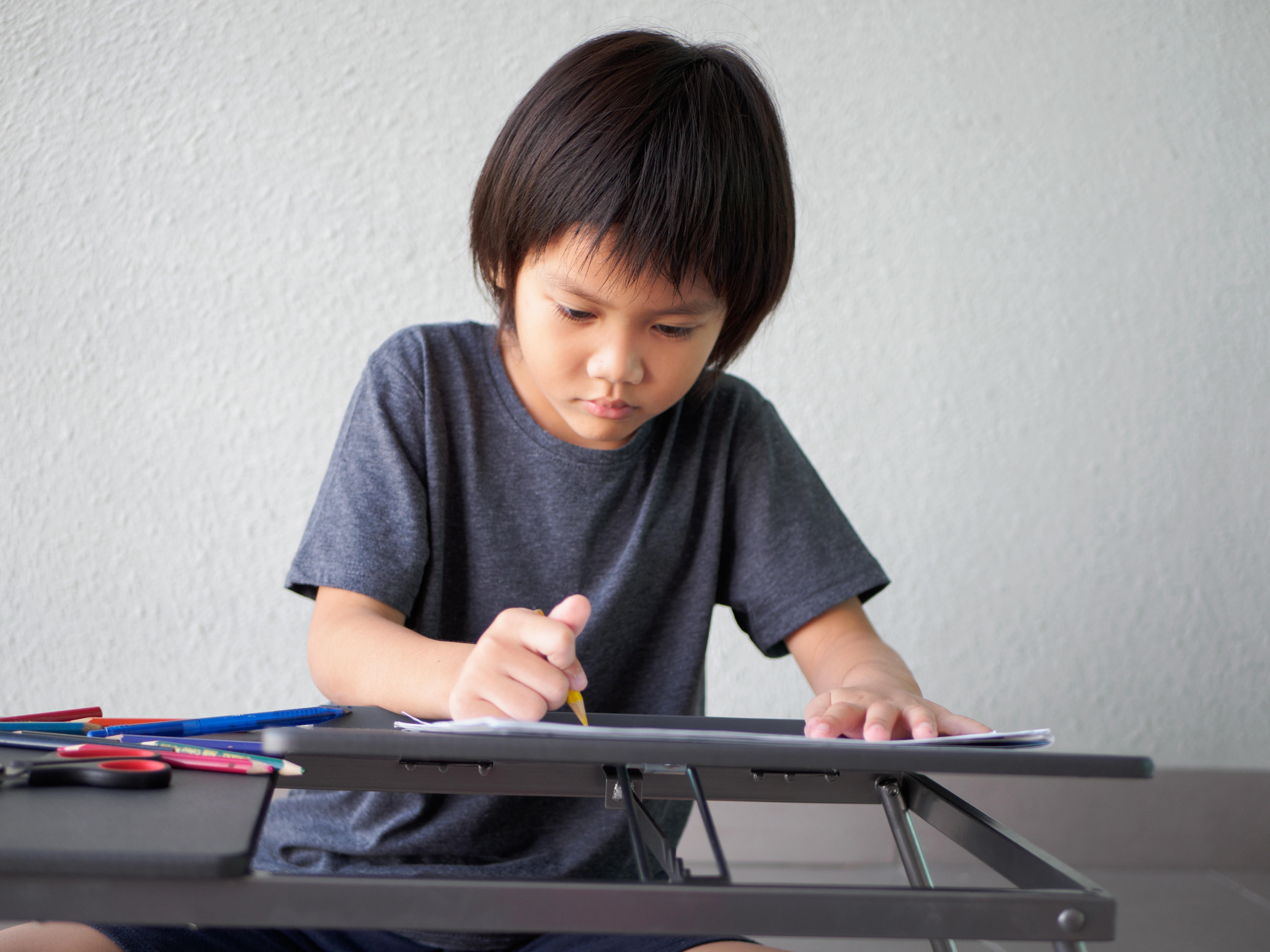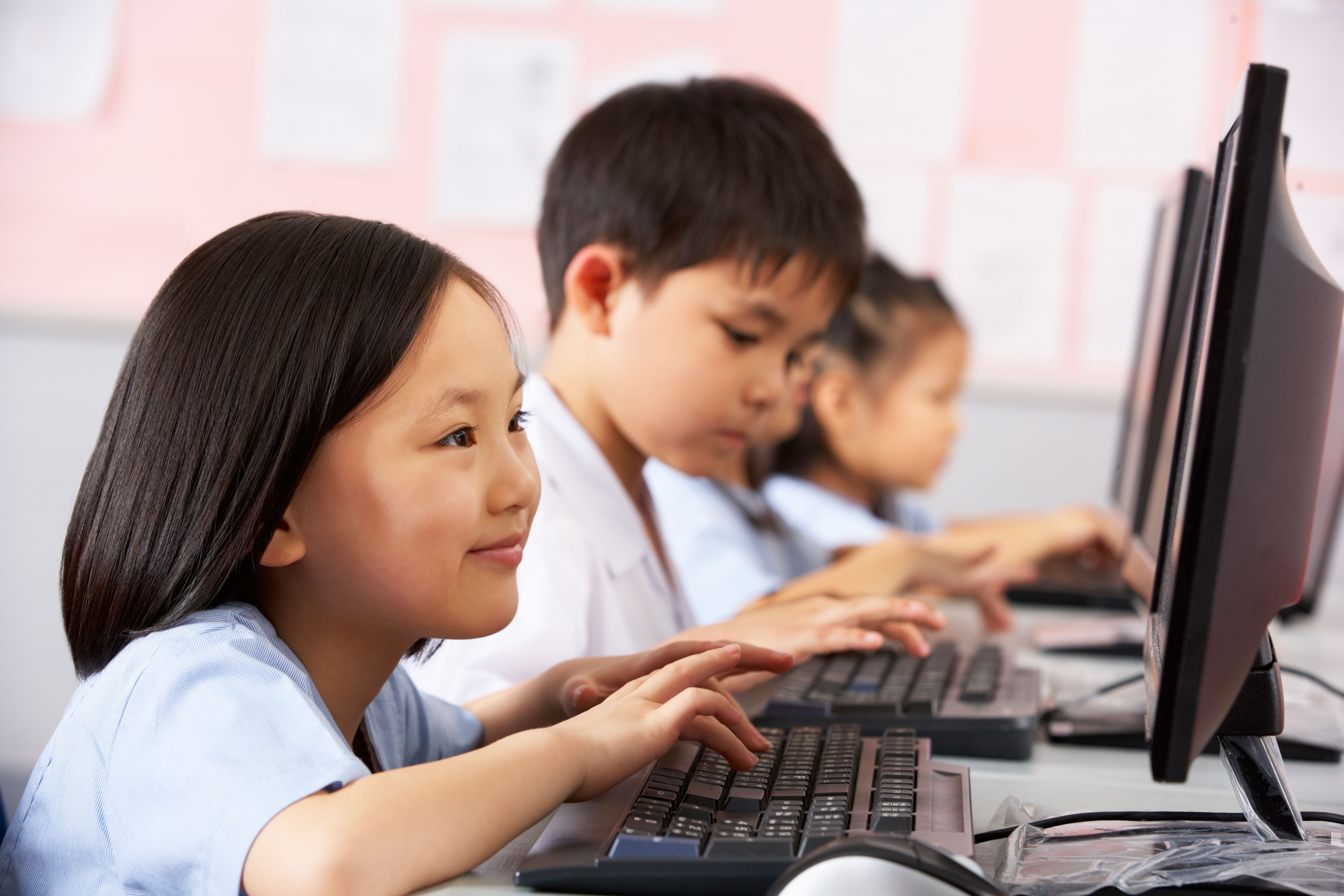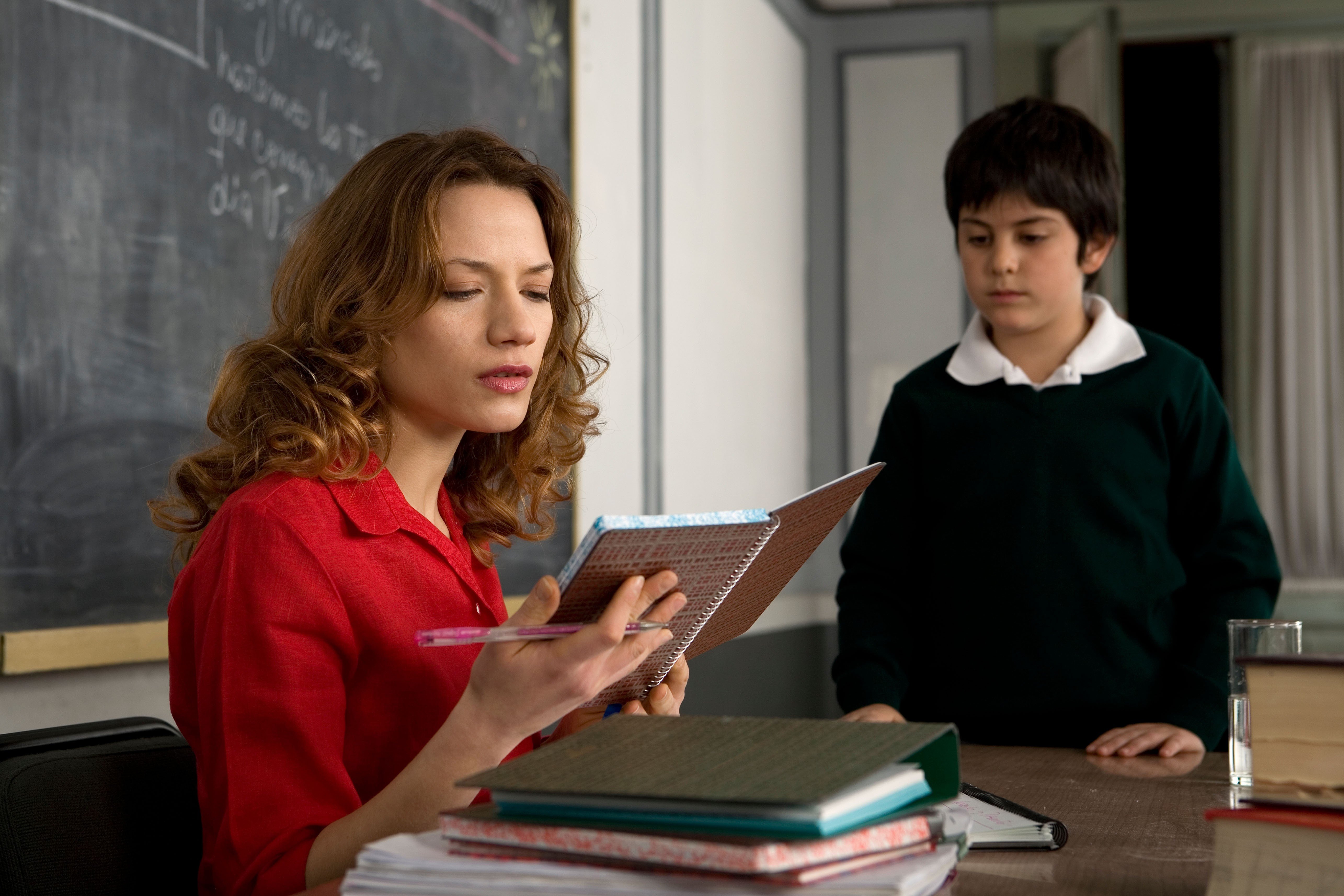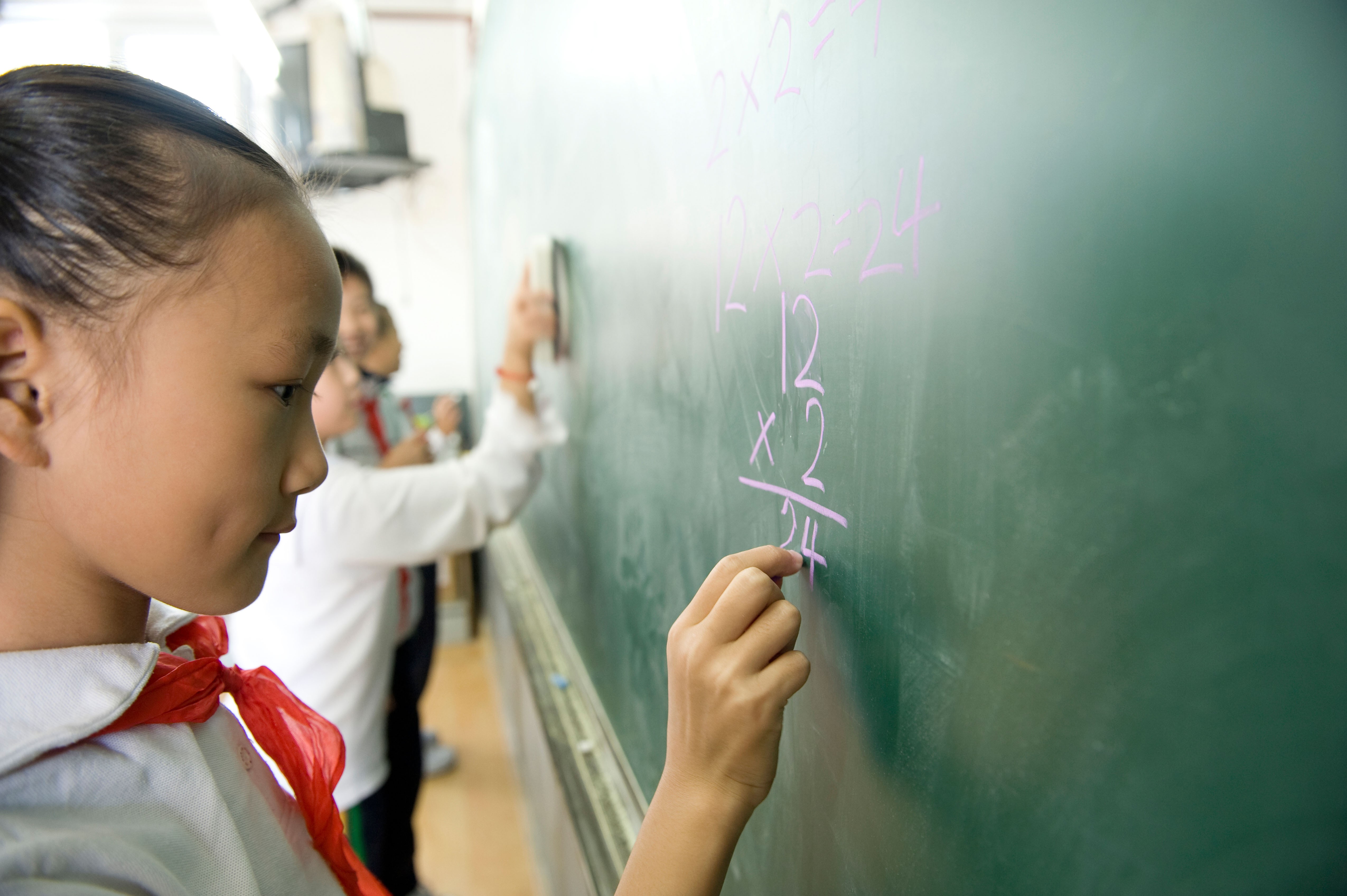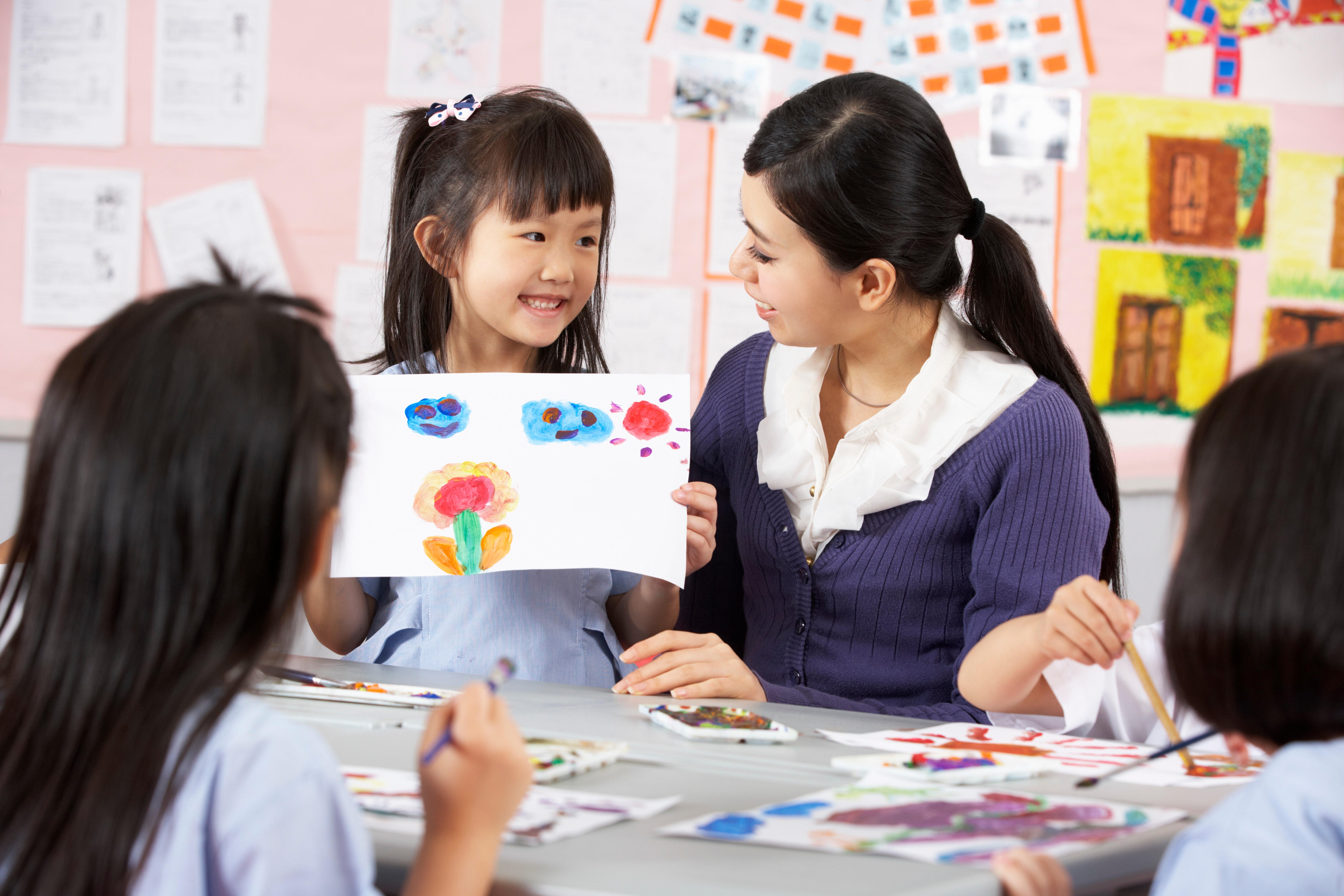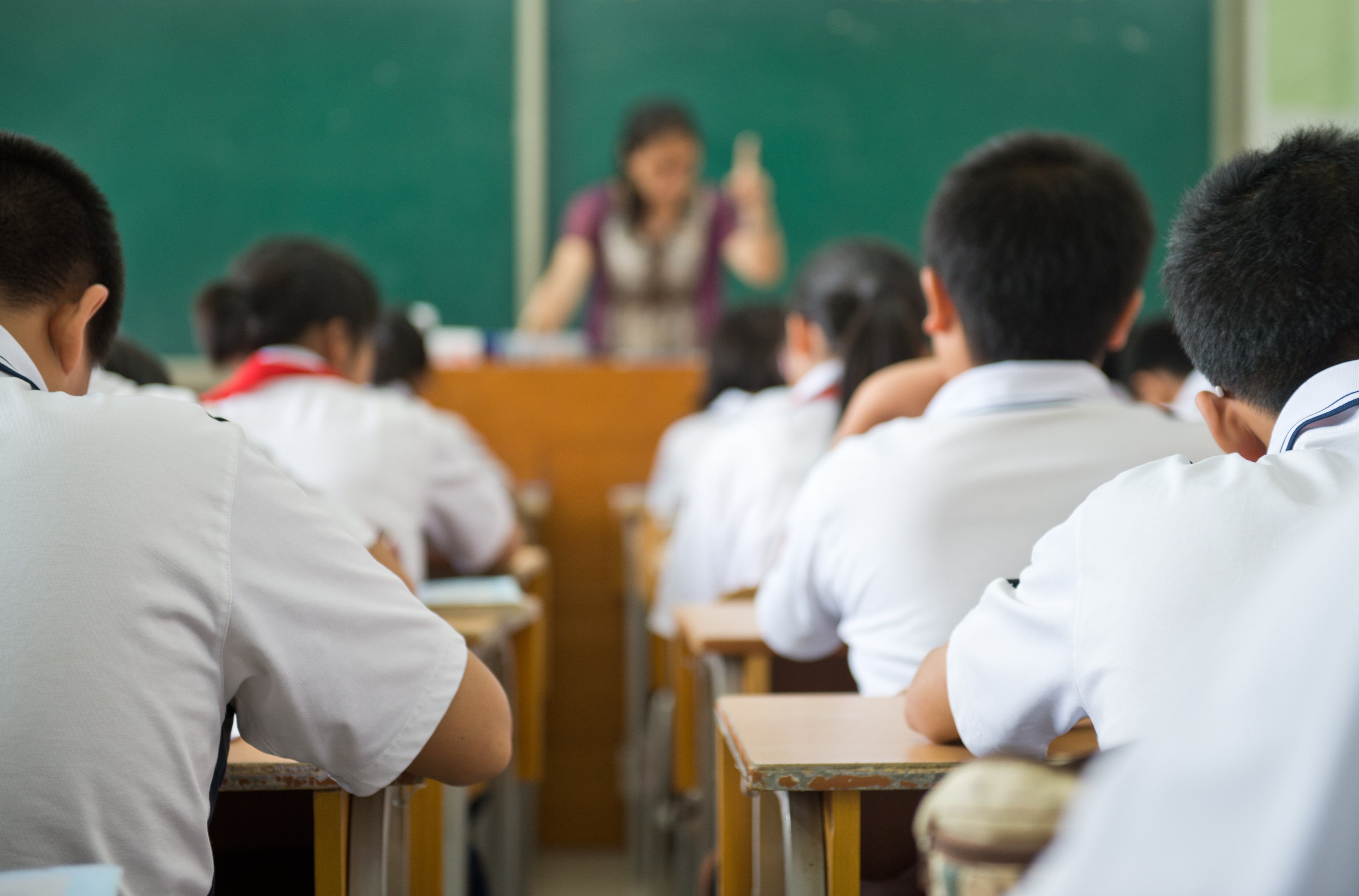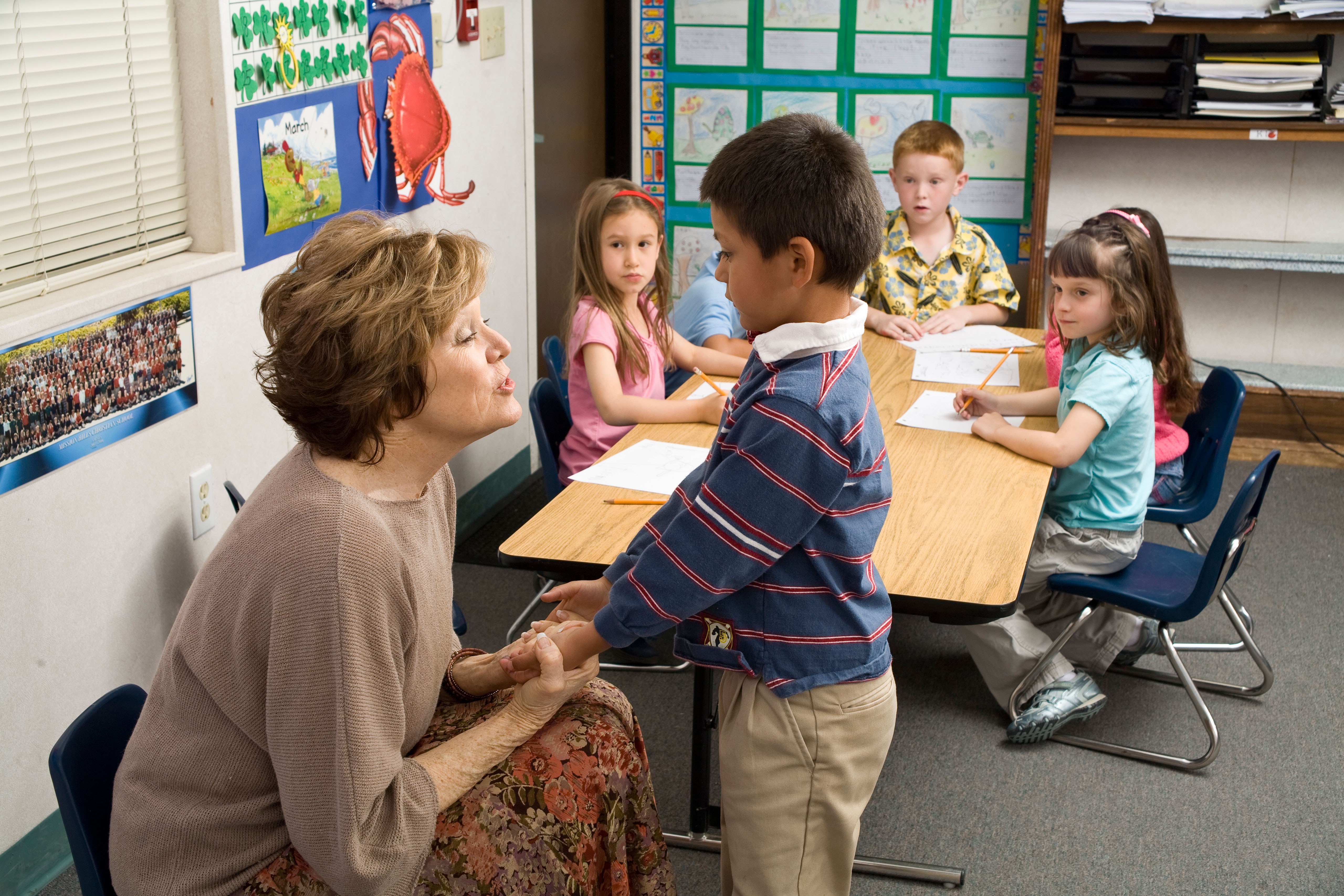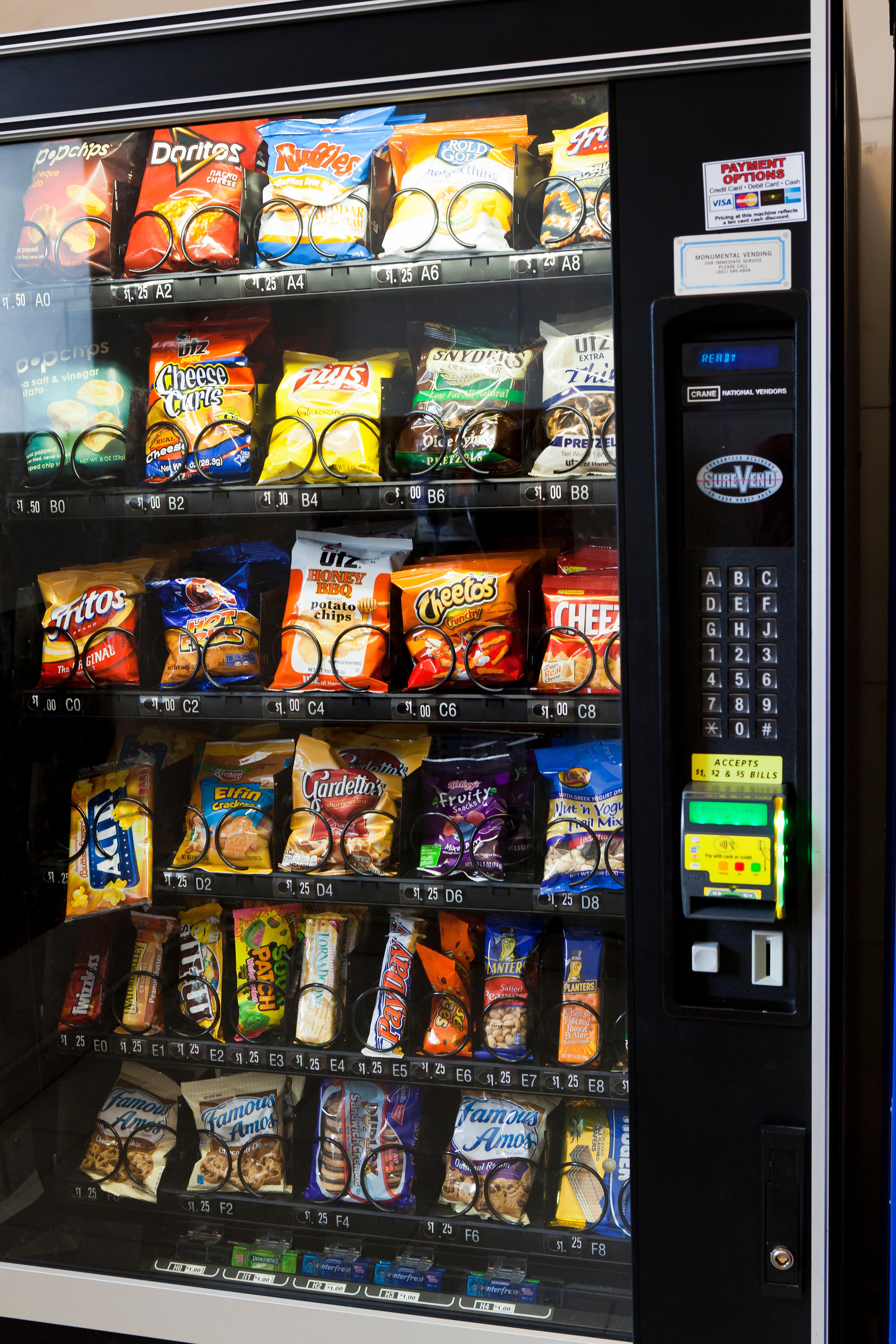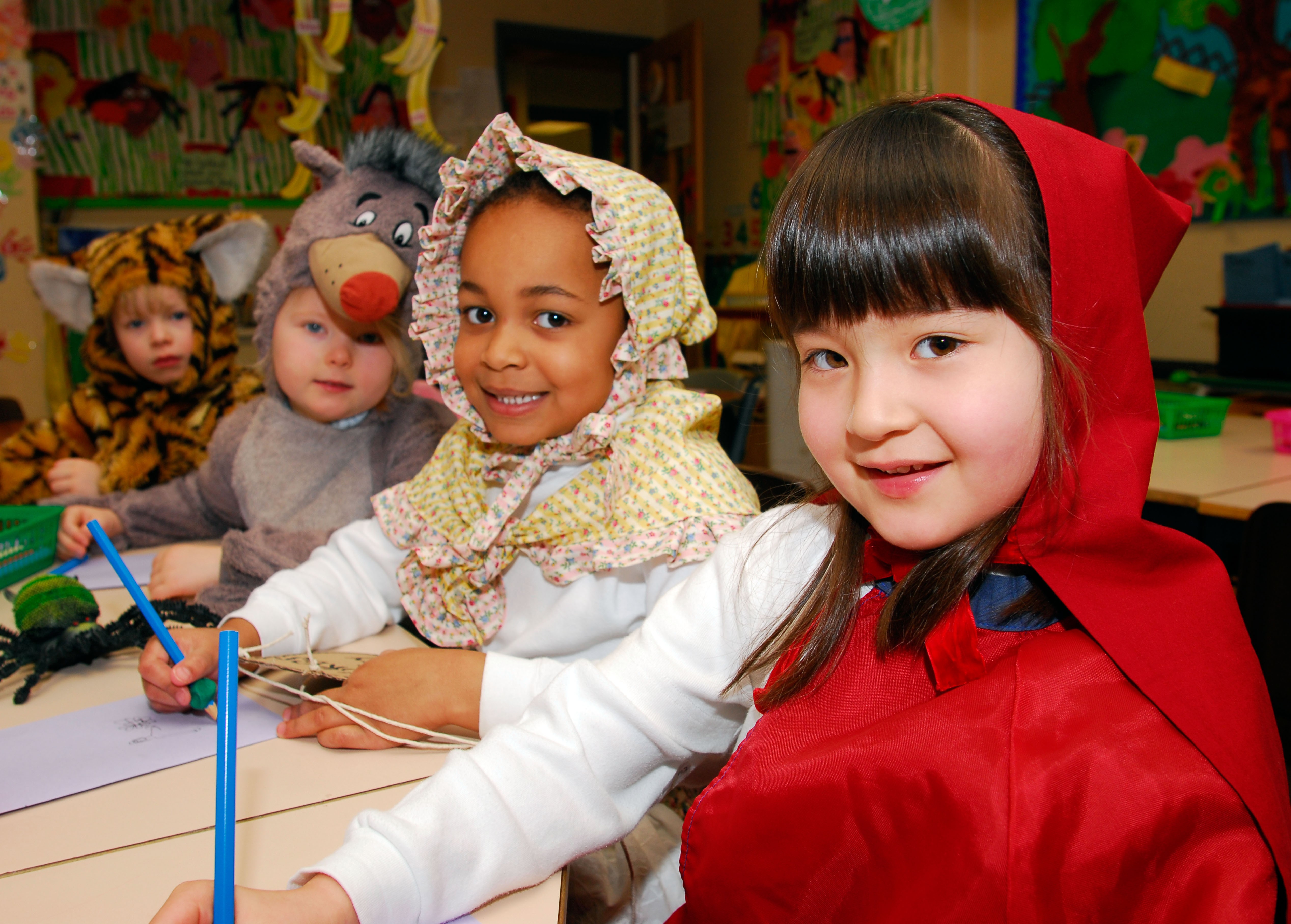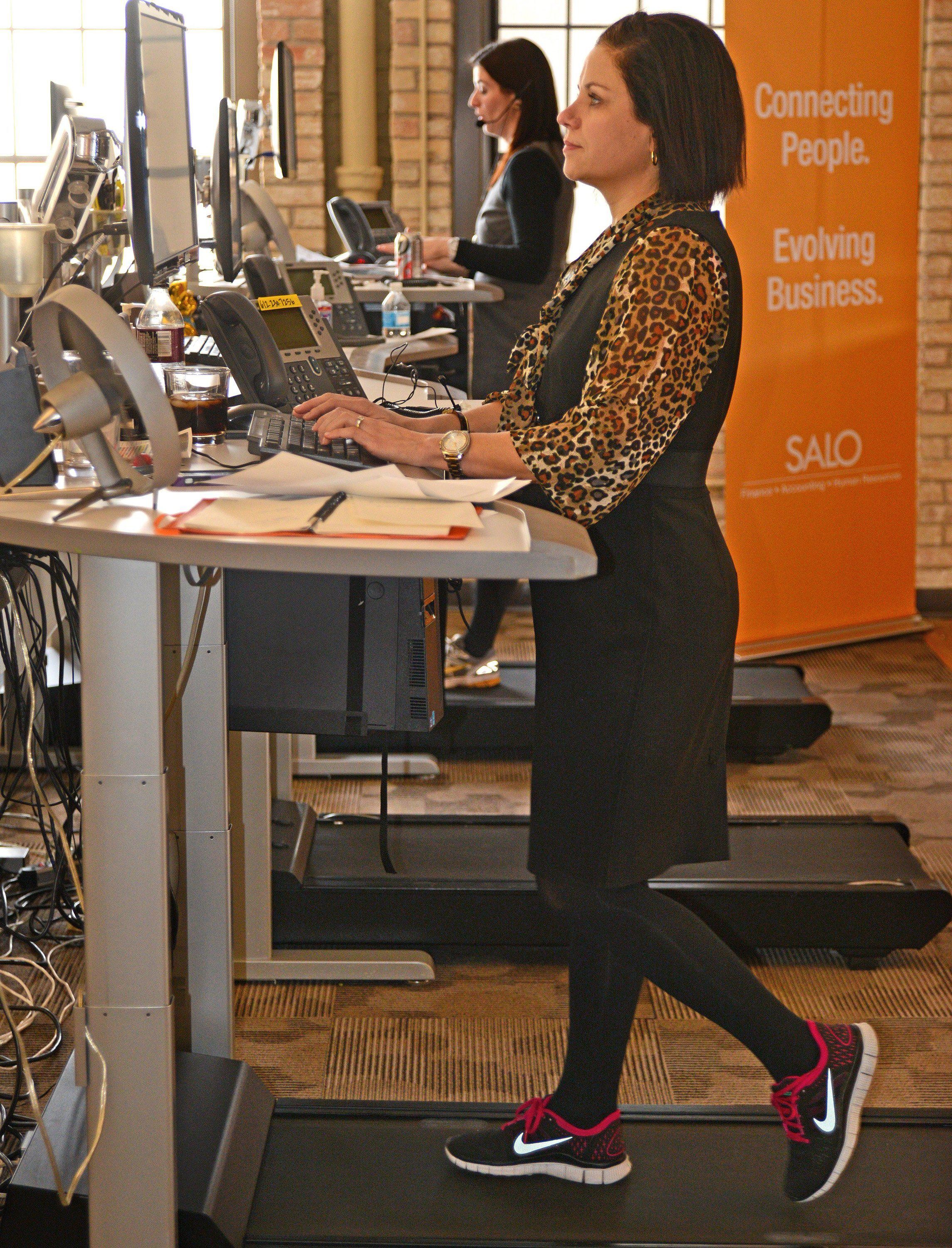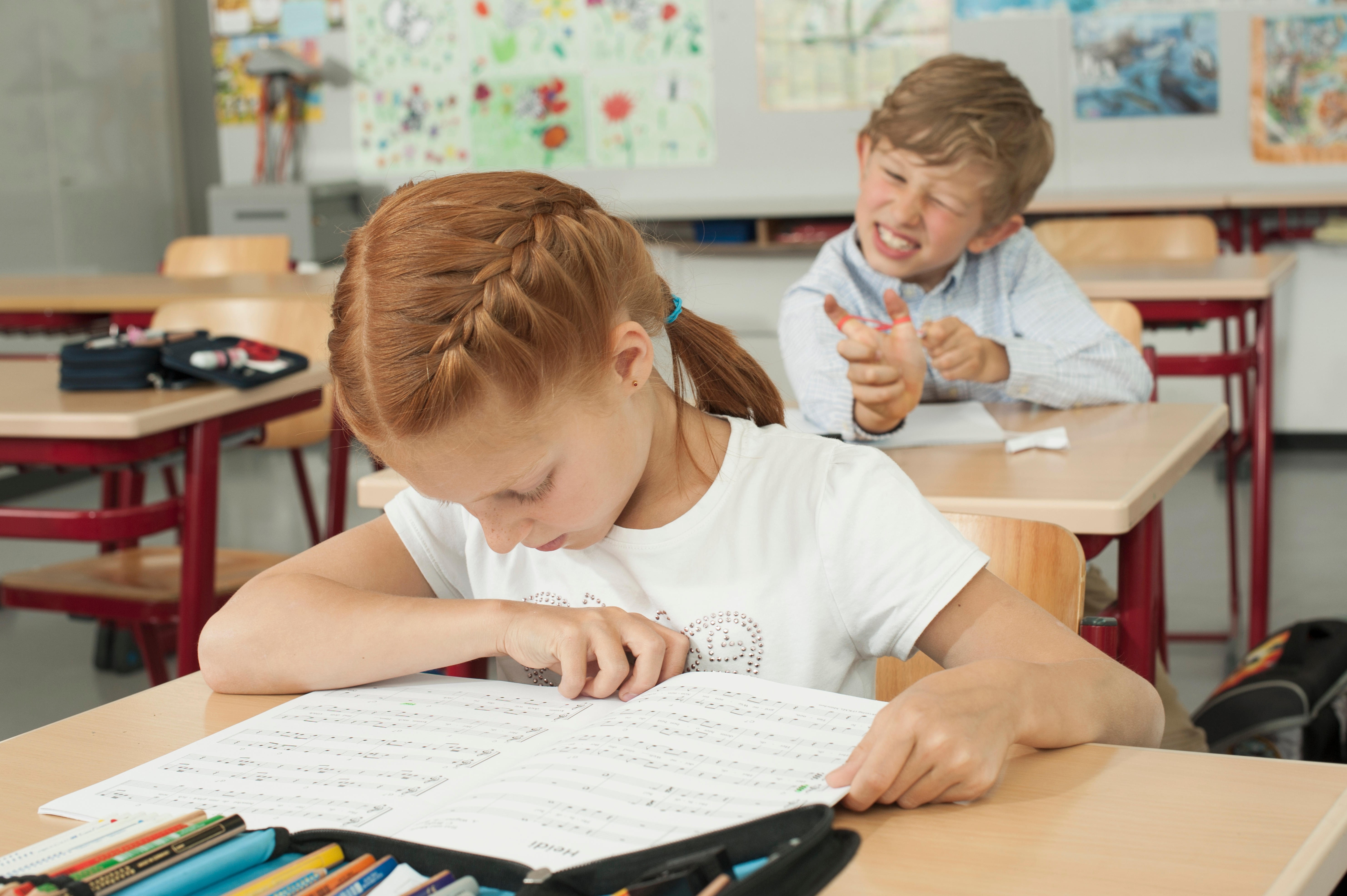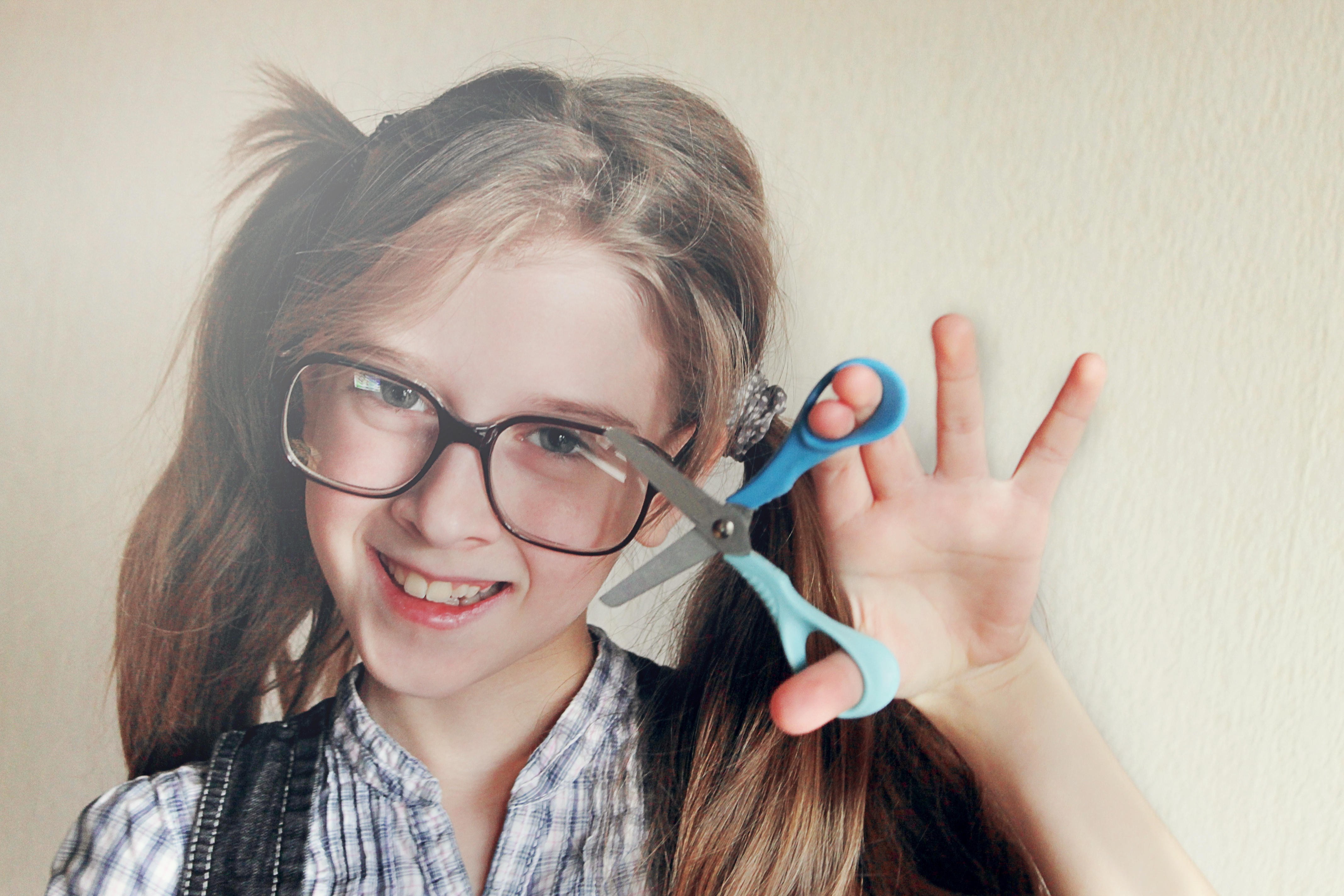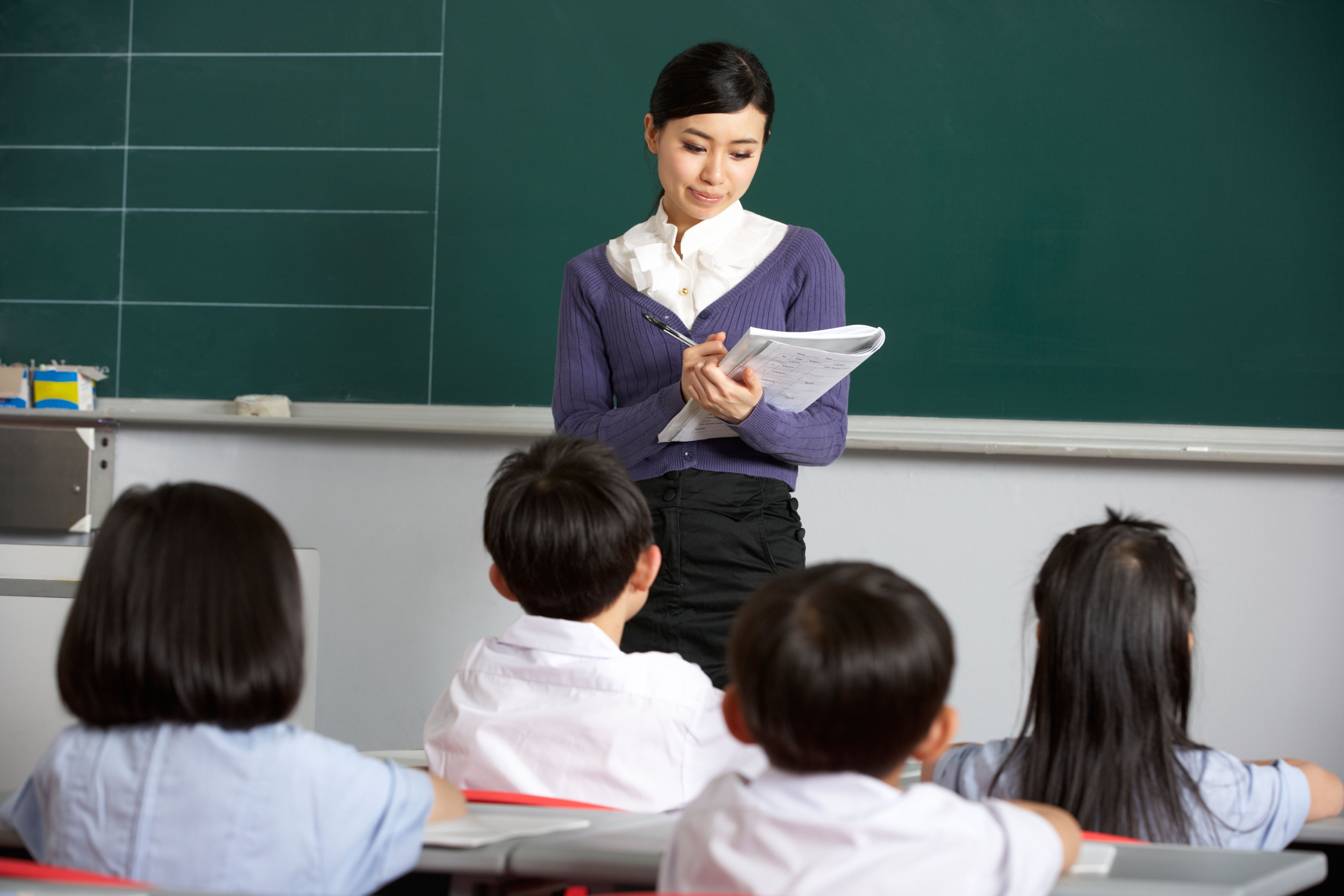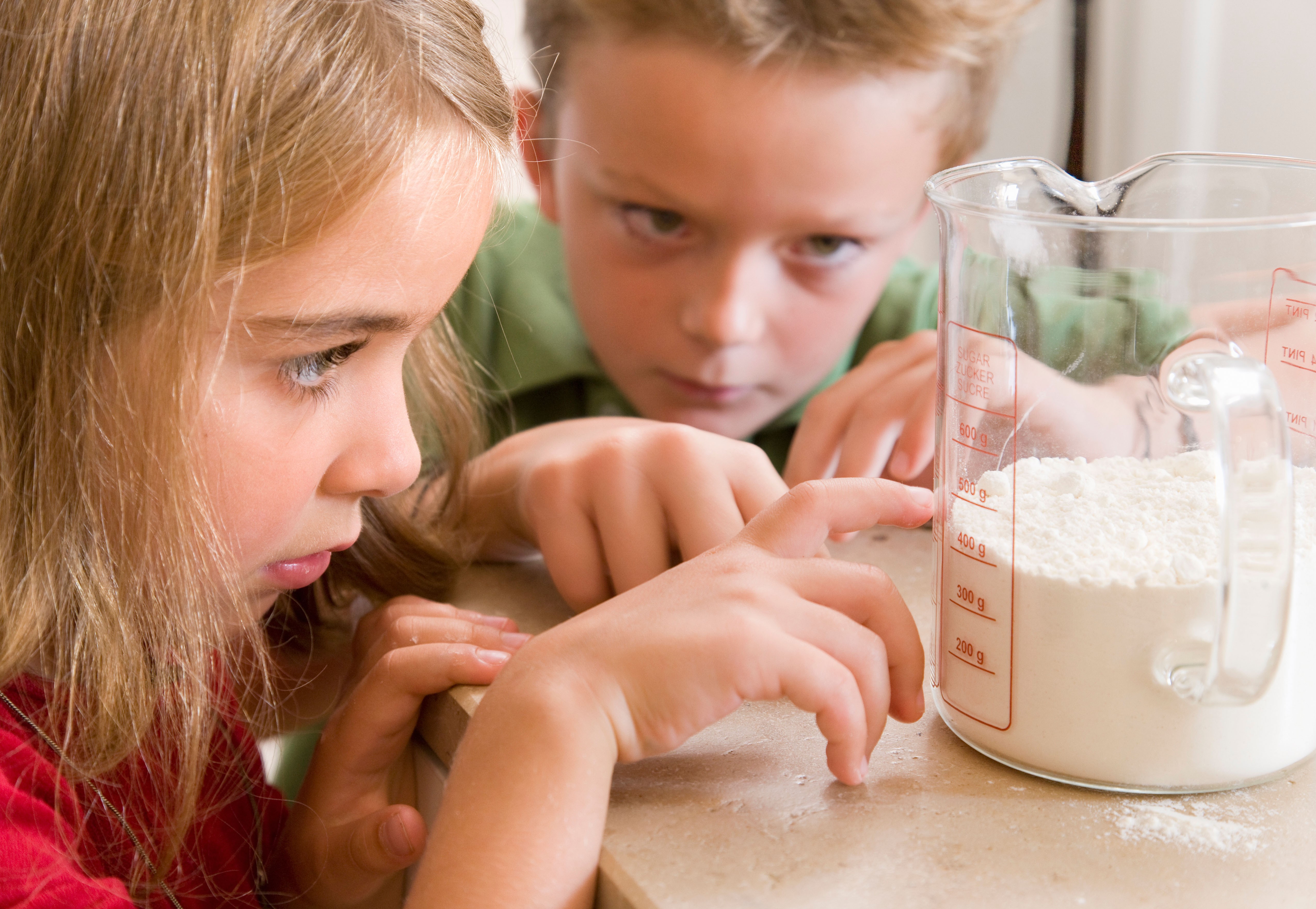Children can be streamed, grouped for ability within the classroom, or taught in mixed-ability classes; streaming them in primary school, while possibly beneficial for high-ability learners, can affect the self-esteem of slower learners.
Many primary schoolchildren are already on social media and there is heavy peer pressure for youngsters to join. There are many concerns about addiction, depression and the negative effects of social media.
Research has shown that children born towards the end of the school year can be at a huge disadvantage and while some younger children do perfectly well, it is far from a fair playing field.
There are two strategies that have been shown to work: regular self-testing and spreading revision out over time. Working to a revision timetable and taking regular breaks also help with the retention of knowledge.
Universities are starting to trial e-exams, but some educationalists still believe handwriting is best. Others worry that using a laptop or a spellcheck function would be cheating.
With obesity levels on the rise in schools, the importance of exercise can’t be overstated. Many schools have swapped competitive sports for inclusive games, but it is possible to strike a balance.
Children need to sort out their relationships without parents getting involved. If the relationship involves bullying, then parents should contact the school.
A child with dyslexia is likely to have trouble learning maths too, but often this is not diagnosed and help is focused on their reading and writing. Help should be provided at school, but parents can play a part too.
Sleep is a key factor in children’s ability to learn and remember, making it all the more important that they get enough. If they don’t, here’s what you can do to make sure they get more rest.
It’s common for children to reread books. To help them tackle something more difficult parents can use audio books to share stories, choose a book series in a genre they enjoy, or read aloud.
Attitudes towards marking have changed. Many schools have dropped the red pen, instead focusing on students’ ability to become independent learners. Others go for a mix of marking styles, including peer-marked work.
As the holidays approach, it’s time to start thinking about things your child can do over the next two months. As one Hong Kong parent says, activities in the city can be expensive. Here are tips for what to do from a former schoolteacher
Most schools these days practise a student-driven approach to learning which encourages pupils to think for themselves, tackle challenges and discuss ideas. If your child is bored in class, there are steps you can take
Recent studies have shown that parents who get too involved with their child’s homework can do more harm than good, but let your children know you’re available if they are stuck with work or have questions
A parent complains that there are too many girls in their son’s class, and he doesn’t like sitting next to them because they are bossy. While it might be annoying for him, research shows it will be beneficial for him in the long run
Schools have different strictness levels for school uniform rules, and teenagers usually want to push the boundaries while conforming with their peer group, but inconsistent enforcement sends out the wrong message
Schools are generally becoming more inclusive in their attitude towards children with mild learning difficulties, but the individual needs support they offer depends on their resources and the ethos of the particular school
Knowing multiplication tables off by heart is essential for a child to develop good mental arithmetic, but not all brains retain information easily. Luckily there are lots of effective – and fun – ways that parents can help at home
The first year in secondary school is a big step up from primary and can coincide with the onset of puberty. Students have to learn to be organised and some find it more difficult than others. Here are some tips to avoid detention
Schools’ teaching of creative subjects depends on the personal interests and talents of class teachers – a shame for less academic children who are good at art and whose self-confidence can be boosted by praise for their work
Few would deny that conventional spelling and grammar are being eroded with ‘text speak’ and short cuts used in social networking, but good schools and teachers can still impart grammar lessons without sacrificing creativity
Schools vary in their approach and response to instilling discipline, and parents are advised to visit to get a sense of how the students interact and behave before choosing a school for their children
Schools make money from selling junk food, it is true, but rather than seeking a ban, parents should trust their children to make the right eating choices, a former Hong Kong teacher advises
Nursery rhymes are an effective way for children to develop early phonic skills. If their school is not teaching them, then do it at home with your child
Early studies on students standing up in classes show they are more engaged, and it can help children with attention difficulties to concentrate – but it’ll also depend on their age and maturity for it to work
Technology is an excellent tool for research and enriching learning, but education can be just as successful in an open field as in a state-of-the-art facility with computers galore, a former Hong Kong teacher advises
Too many disruptive personalities in a primary school class can have a negative impact on quieter children. Sometimes parents need to step in to make sure teachers are aware of the problem
From scissors to seating arrangements, many things need to be taken into consideration when teaching a left-handed student, but do these children need to be given extra attention?
Starting the school year with a replacement teacher might not seem like the ideal situation, but most children are more adaptable than we give them credit for
If you’re a parent who worries their child’s academic skills with suffer over the holidays, you’re worrying about nothing. They need the time to have fun with friends. Give them educational things to do like reading or keeping a scrapbook


